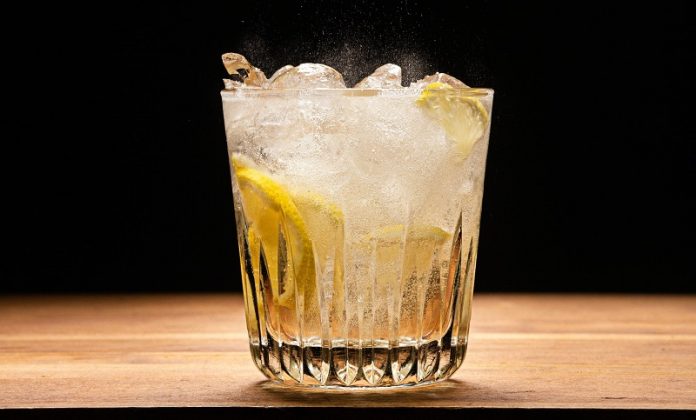
In a study from Kaiser Permanente, scientists found an alcohol brief intervention (BI) in primary care can improve health outcomes for adults with high blood pressure.
Brief interventions generally aim to moderate a person’s alcohol consumption to sensible levels and to eliminate harmful drinking practices (such as binge drinking), rather than to insist on complete abstinence from drinking—although abstinence may be encouraged, if appropriate.
The researchers examined the links between alcohol BI in primary care and outcomes among 72,929 adults with high blood pressure and 19,642 adults with type 2 diabetes (T2D) who screened positive for unhealthy alcohol use.
The study was conducted in a healthcare system that implemented alcohol screening, BI, and referral to treatment.
The researchers found that among patients with high blood pressure, there was a modest but strong additional −0.06 reduction in drinks/drinking day and an additional −0.30 reduction in drinks/week at 12 months for those who did versus those who did not receive BI.
In addition, those who received BI had elevated odds of having a clinically meaningful reduction of diastolic blood pressure at 18 months.
No strong associations were found between BI and drinking or health outcomes among patients with T2D.
The team says BIs offered as part of a program of systematic screening and BI for unhealthy alcohol use may be an important addition to primary care chronic disease prevention and intervention.
If you care about blood pressure, please read studies that black licorice could cause dangerous high blood pressure, and this common plant nutrient could help reduce high blood pressure.
For more information about blood pressure, please see recent studies about how coffee influence your risk of high blood pressure, and results showing this olive oil could reduce blood pressure in healthy people.
The study was conducted by Felicia W. Chi et al and published in BMJ Open.
Copyright © 2023 Knowridge Science Report. All rights reserved.



